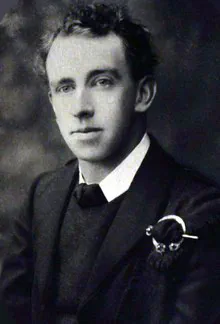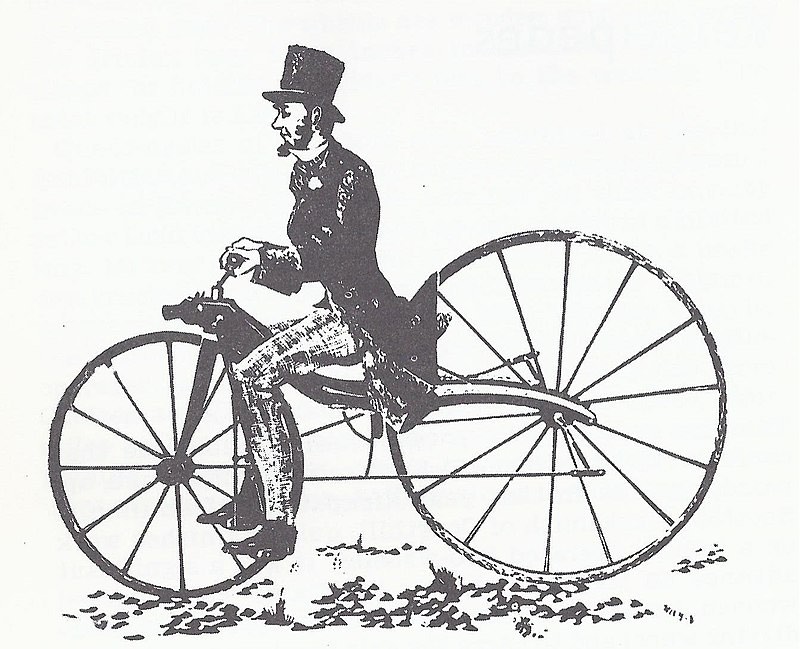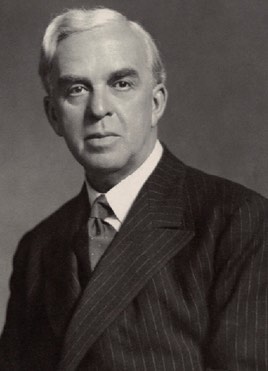- February 1, 1878
Thomas MacDonagh, an influential figure in Irish history, was born on February 1, 1878, in Cloughjordan, County Tipperary, Ireland.
Thomas Stanislaus MacDonagh (Irish: Tomás Anéislis Mac Donnchadha; 1 February 1878 – 3 May 1916) was an Irish political activist, poet, playwright, educationalist and revolutionary leader. He was one of the seven leaders of the Easter Rising of 1916, a signatory of the Proclamation of the Irish Republic and Commandant of the 2nd Battalion, Dublin Brigade of the Irish Volunteers, which fought in Jacob’s biscuit factory. He was executed for his part in the Rising at the age of thirty-eight.
He was a multifaceted personality, known not only for his political activism but also for his contributions to literature and education. MacDonagh was a poet, playwright, critic, and scholar, deeply involved in the cultural revival of Ireland that sought to promote Irish literature, language, and history.
As a patriot, MacDonagh played a significant role in the Irish nationalist movement. He was one of the leaders of the Easter Rising in 1916, a pivotal event in Irish history that aimed to end British rule in Ireland and establish an independent Irish Republic. MacDonagh was a member of the Irish Republican Brotherhood and later the Irish Volunteers, serving as one of the seven signatories of the Proclamation of the Irish Republic.
His literary works include poetry collections and plays that often reflected his nationalist sentiments and his deep connection to Irish heritage and landscape. MacDonagh’s contributions to Irish literature were part of a broader cultural renaissance that sought to revive and celebrate Irish identity.
Thomas MacDonagh’s involvement in the Easter Rising led to his arrest and execution by the British authorities. He was executed by firing squad on May 3, 1916, becoming one of the martyred leaders of the uprising. His legacy is remembered not only for his role in the struggle for Irish independence but also for his contributions to Irish literature and education, embodying the spirit of the cultural and political revival of his time.

 ← Kirkpatrick McMillan, Scottish inventor of the bicycle, died
← Kirkpatrick McMillan, Scottish inventor of the bicycle, died
 Sir Robert McCarrison, medical scientist, is born in Portadown, Co. Armagh →
Sir Robert McCarrison, medical scientist, is born in Portadown, Co. Armagh →